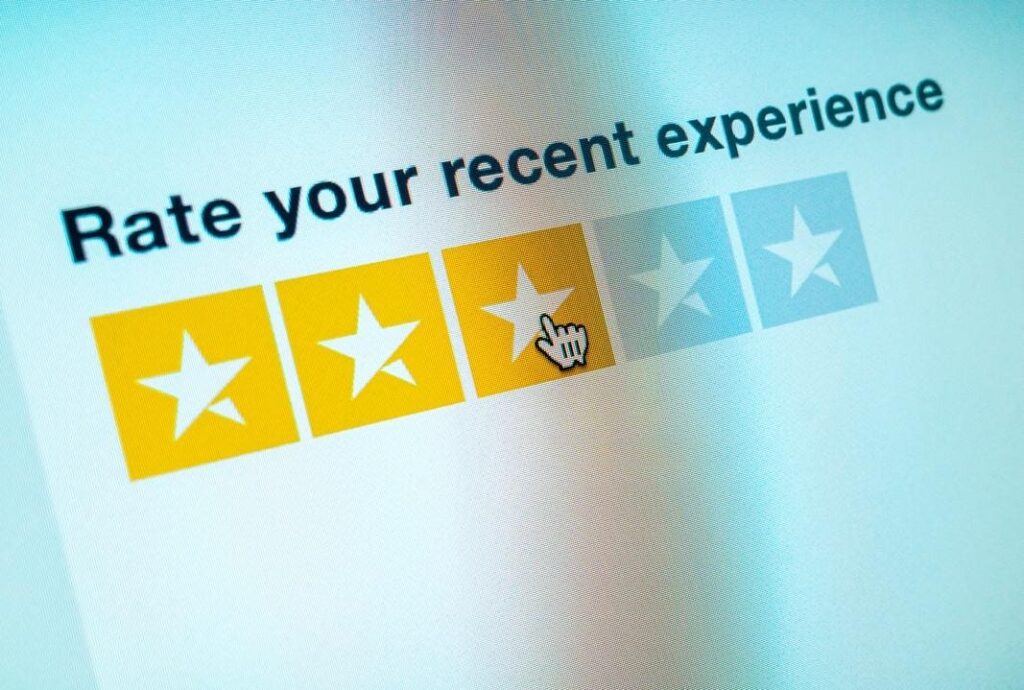Dmitry Malin, COO of Cloudike and Novakid.
With social media, online review platforms and forums granting consumers the power to make or break a company’s reputation, effective online reputation management (ORM) is now a cornerstone of business success.
A great review, a solid reputation and a well-managed online presence: These factors combine to create a digital persona that allows the brand to potentially open up new markets, attract talent and build credibility. Bad reviews, inappropriate comments and shabby online engagements have the opposite effect and can potentially leave a permanent mark against the company name.
Yes, brands do recover, but I find it usually isn’t worth the risk. Instead, I believe the goal should be to take control of your digital presence in a way that enhances your reputation and gives you space to expand your brand into new markets and opportunities.
If who you are is defined by what you say, then these three steps should help your brand take control of its online presence:
1. What did they say?
Your customers are the public, and public opinion is essential to ensuring your reputation remains excellent, which means you need to know what the public is saying about your company.
Monitoring platforms can help here—they are designed to track and analyze your digital footprint and help you maintain real-time awareness of sentiment. This can help you catch problems before they become crises.
But you don’t need to invest in expensive technology to manage public sentiment or uncover what they are saying; you do need to take the time to research. Ultimately, rigorous monitoring ensures that you identify and address issues swiftly in order to contain negative sentiments.
It’s also worth remembering that negative comments and unpopular commentary aren’t only something to catch and manage; it is also an opportunity to unpack areas of your business that need work. Public sentiment offers you invaluable strategic insight into user concerns and market dynamics that you can use to your advantage.
2. Create a platform of trust and credibility.
The 2024 Edelman Trust Barometer found that consumers believe 61% of companies are trying to mislead them or using false information. Trust is low, particularly when it comes to media and business, and most companies are facing an uphill battle to win this trust from the outset. You need a strategic and proactive approach to ORM that goes beyond simple marketing and instead prioritizes consistency, authenticity and value.
I recommend you enhance your online presence by actively engaging with customers on social media, maintaining transparent communication practices and thoughtfully responding to both positive and negative feedback.
Make sure you show your commitment to customer satisfaction in an authentic way. This can be further strengthened by publishing content that’s insightful, shows expertise, is authentic in its storytelling and consistently upholds your company values.
3. Invest in frontline communications and people.
When you recognize that every customer touchpoint represents an opportunity to emphasize your brand values and build trust, then you can more consistently reinforce your brand identity and drive customer confidence.
Your frontline staff are key to this success story. When they are happy, engaged and willing to connect with your customers, then your customers will be more satisfied, engaged and loyal.
Your people are your brand ambassadors, so you need to give them knowledge, support and tools that empower them to engage more effectively with your customers. It is a strategic investment in human capital that helps you build a digital reputation that reflects genuine customer care rather than massaged messaging and limp customer service.
Use a digital mix for longevity and success.
Managing your online reputation requires a comprehensive approach that blends technology, strategy and human connections. When you monitor public sentiment, build trust and invest in frontline communications, you are building a solid foundation for effective ORM.
However, success in this space isn’t just investing in the tools or following procedures, it’s about creating an authentic digital presence that reflects your brand’s true values and a commitment to your customers.
ORM isn’t a defensive strategy; it’s a proactive one. It is an opportunity to create meaningful connections with customers and stakeholders.
Forbes Business Council is the foremost growth and networking organization for business owners and leaders. Do I qualify?
Read the full article here











